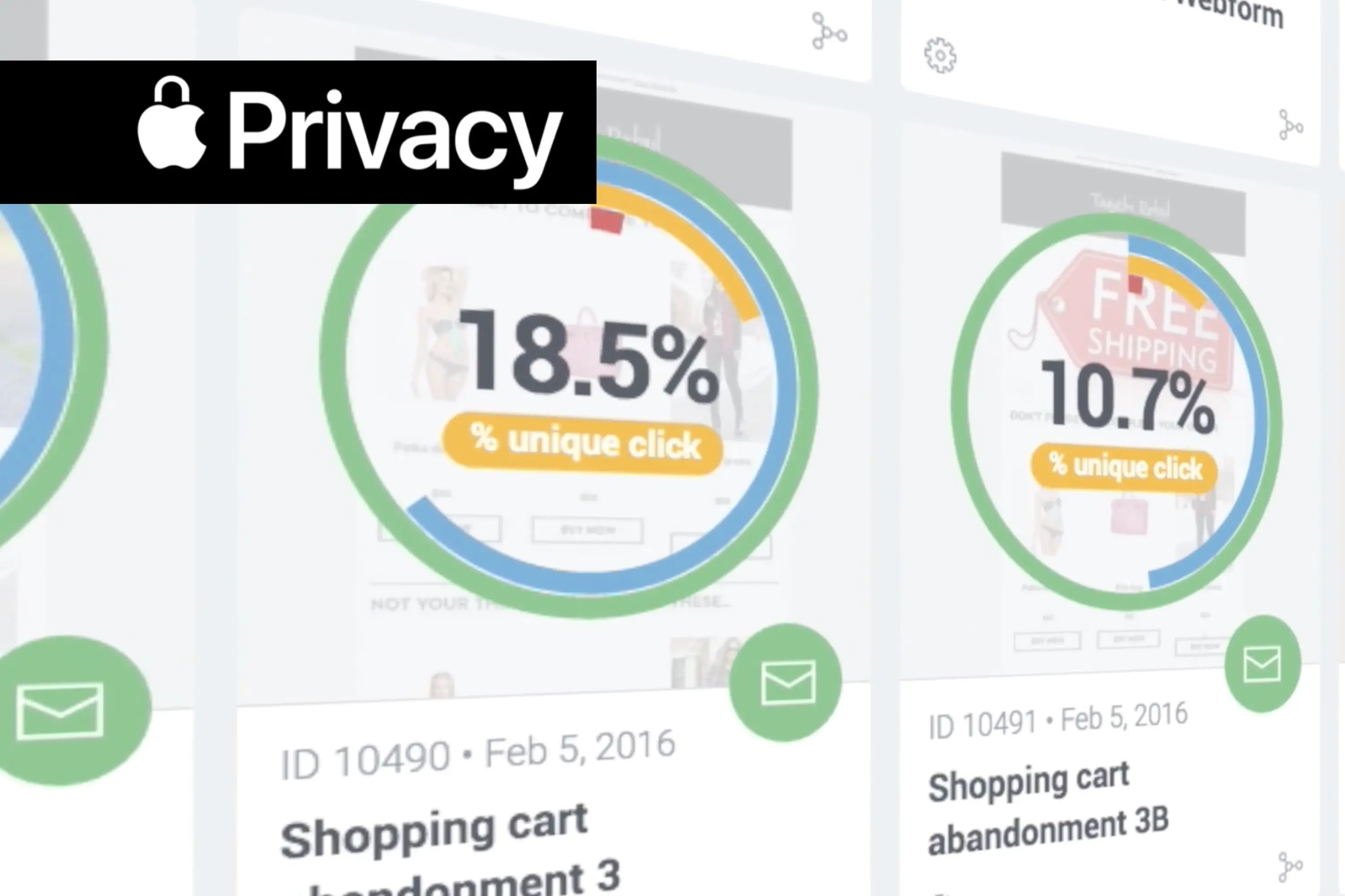Technology isn’t always a silver bullet
Digital transformation is the catchcry of our times and most businesses are investing heavily in new technology to meet their customers’ needs and to remain competitive.
COVID has only made technology more important as people increasingly interact digitally with products and services. Companies are rapidly accelerating their investments to either update or deploy new technology.
But technology isn’t always a silver bullet.
In fact, research shows that 70% of corporate digital transformations fall short of their objectives, often with major consequences.
According to Boston Consulting Group (BCG), while 80% of companies plan to accelerate digital change, only 30% are likely to succeed [1]. These surprising figures should make businesses pause for thought. While there are many reasons for the lack of success, some everyday assumptions about deploying new technology may need to be questioned.
For example, just because an existing technology provider is large and well known doesn’t necessarily guarantee your program’s success.
Many big-name vendors are based outside Australia, away from their clients, with a poor understanding of the local market.
These tech companies often grow their product stack via acquisition, not development of their core technology. What’s sold as a seamlessly integrated technology stack can turn out to be an integration nightmare.
Then the organisations appointed to implement the technology are often third parties who don’t control the software development or operation of the platforms.
Marketing departments can end up feeling short-changed, with systems that don’t operate as efficiently as promised or provide sufficient information for further development.
“Just because an existing technology provider is large and well known doesn’t necessarily guarantee your program’s success…”
Marketing automation can provide an enviable ROI compared with traditional channels. However, mistakes in messages sent directly to customers can render them ineffective and costly in terms of retention and reputation.
It is critical for companies to be able to easily track sales generated by customer communications and measure the ROI.
But it’s not just effectiveness that marketers need to consider. Increasing regulation around data management in digital marketing means that marketers must ensure that customer data is collected, stored and used responsibly and in compliance with applicable laws and industry best practices.
This has resulted in a trend towards storing and managing Australian data in Australia.
Taguchi’s platform is unique in that it is developed, owned, operated and supported in Australia. Taguchi clients work directly with the team that developed the platform.
Taguchi’s flexible system also integrates with existing and legacy data sources.
Taguchi’s technology is used across industries from retail, travel and hospitality to franchising and finance. Clients include Webjet and Domino’s Pizza Enterprises.
Digital interaction and communication are the way of the future, but poorly chosen and badly implemented platforms can set a business back significantly.
The BCG research showed that digital leaders achieve earnings growth that is 1.8 times higher than digital laggards, and more than double the growth in enterprise value.
Companies that use technology effectively to automate and improve their customer communications will clearly have an edge in the future.
Taguchi’s platform is unique in that it is developed, owned, operated and supported in Australia.
For further information, please get in touch with us.
[1] Boston Consulting Group, “Flipping the Odds of Digital Transformation Success”, October 2020.








